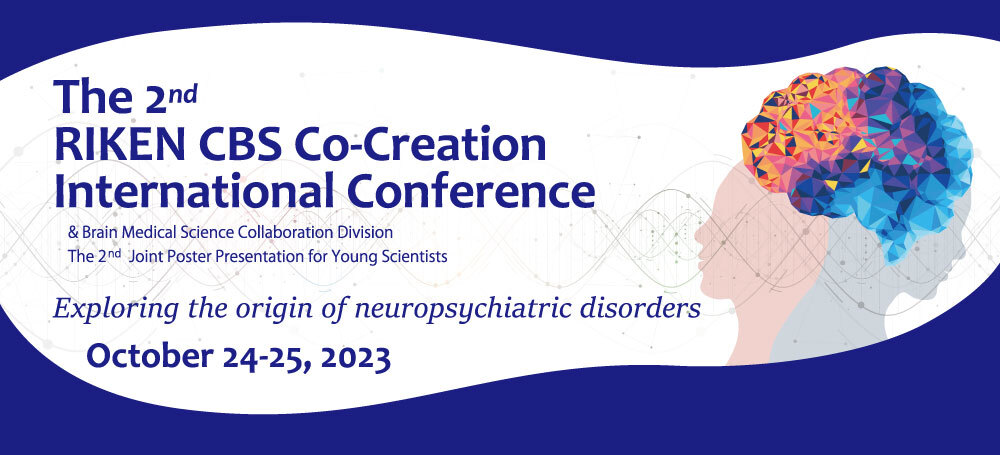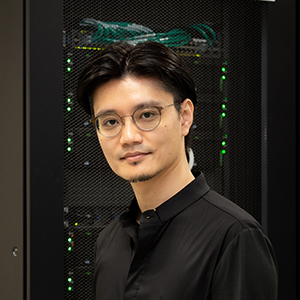

“Where should we go after identifying single genes associated with neuropsychiatric disorders with large effect sizes”
Dr. Atsushi Takata
Laboratory for Molecular Pathology of Psychiatric Disorders, RIKEN Center for Brain Science
Abstract
Huge international collaborative efforts to explore rare variants in protein-coding regions led to the identification of multiple genes that are associated with neuropsychiatric/neurodevelopmental disorders such as schizophrenia and autistic spectrum disorders (ASD) with large effect sizes as well as robust statistical significance. Then, in what direction should we go to contribute to the understanding of disease pathogenesis and the development of new therapeutic and diagnostic procedures? In my talk, I will discuss this point by presenting our works on 1) high-etiological-validity mouse models generated based on findings in large-scale human genetics studies and 2) rare genetic variants in non-protein-coding regions utilizing information on the 3D structure of the genome.
References
- Mukai, Cannavò et al. Recapitulation and reversal of schizophrenia-related phenotypes in Setd1a-deficient mice. Neuron 104, 471–487 e412 (2019).
- Nakamura, Ueda, Mizuno et al. Topologically associating domains define the impact of de novo promoter variants on autism spectrum disorder risk. Cell Genomics (in press)
Biographical Sketch
Dr. Takata graduated from Kyushu University Faculty of Medicine in 2004 and received his PhD from Kyushu University Graduate School of Medical Sciences in 2011. He worked at Department of Psychiatry, Kyushu University; RIKEN Brain Science Institute (BSI), Department of Psychiatry, Columbia University; Department of Human Genetics, Yokohama City University. Since July 2020, he has been a team leader of Laboratory for Molecular Pathology of Psychiatric Disorders, RIKEN Center for Brain Science. He is also a designated psychiatrist by Japanese Ministry of Health, Labour and Welfare, and continues his psychiatric practice once every week, except when there is an important event such as CIC. His research focuses on genetics and genomics of neuropsychiatric disorders.



